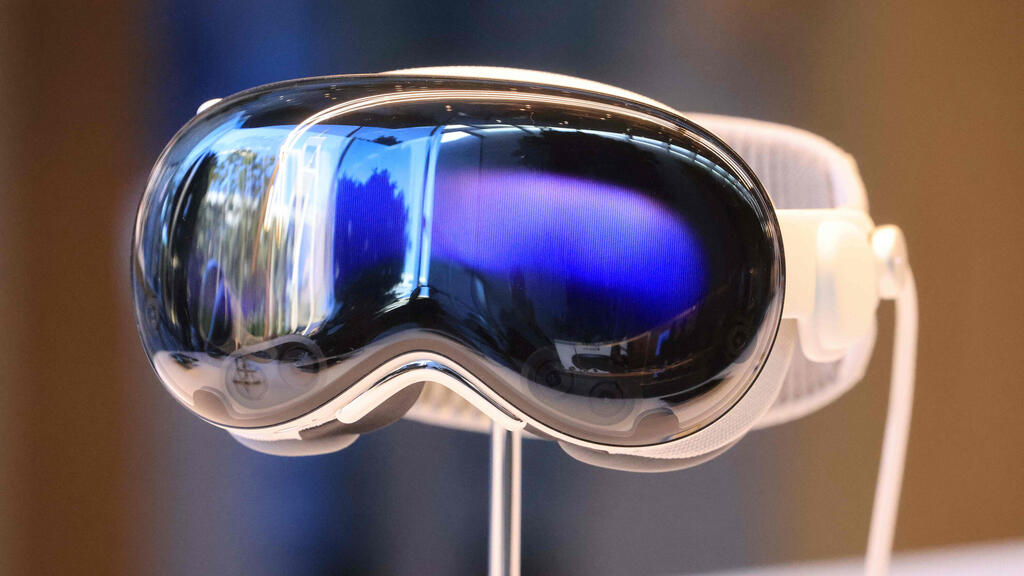Technology is becoming increasingly integrated into every facet of our everyday life, including while walking. A new study by Haifa University, published in the International Journal of Human-Computer Interaction, found that using a mobile phone to read or text, is associated with lower gait speed and stability, as well as with lower reading or writing speed and lower awareness of the surroundings.
Read more:
Researchers have found that reading through smart glasses while walking causes a 20% decrease in walking speed and also affects walking stability and text comprehension compared to reading on a smartphone while walking.
"The field of wearable see-through augmented reality is constantly evolving, and we see clear trends calling for the integration of augmented reality into daily life, such as Apple's Vision Pro glasses," says Dr. Tal Krasovsky from the Department of Physiotherapy at the University of Haifa, who led the study, alongside Prof. Joel Lanir, doctoral candidate Yasmin Felberbaum from the Department of Information Systems, and Dr. Rachel Kizony from the Occupational Therapy Department.
"But there is significant importance in understanding the implications of additional digital information during common daily activities such as walking, both for the individual and for environmental planning. Our research shows that while walking, smart glasses impair both walking performance and text reading, which could also affect user safety."
Fifty-two participants were involved in the study, asked to walk both on a treadmill and in a shopping street while reading texts on their smartphones and through two types of smart glasses - Everysight Raptor and Vuzix m100.
The research findings revealed a 20% decrease in walking speed while reading through smart glasses, resulting in an average speed of about 0.9 meters per second. This is roughly 30% less than the minimal speed required to cross an implied intersection safely. Additionally, a decrease in walking stability, reading speed, and text comprehension compared to walking and reading texts on a smartphone was observed. Participants also reported a higher mental load when reading with smart glasses.
"The participants perceived the glasses as less useful and more demanding than the phone, with no differences noted between the two models of glasses," the study stated. The researchers also note that the text displayed on the glasses may obscure important details in the users' physical environment.
Unlike smartphones, the visibility of text in smart glasses is influenced by environmental conditions such as lighting and background color. "We noticed that some participants struggled to find a suitable background for reading," wrote the researchers. "Participants dealt with this by tilting their heads in an attempt to find the best background, such as towards the ceiling, which may have interfered with walking and reading actions."




